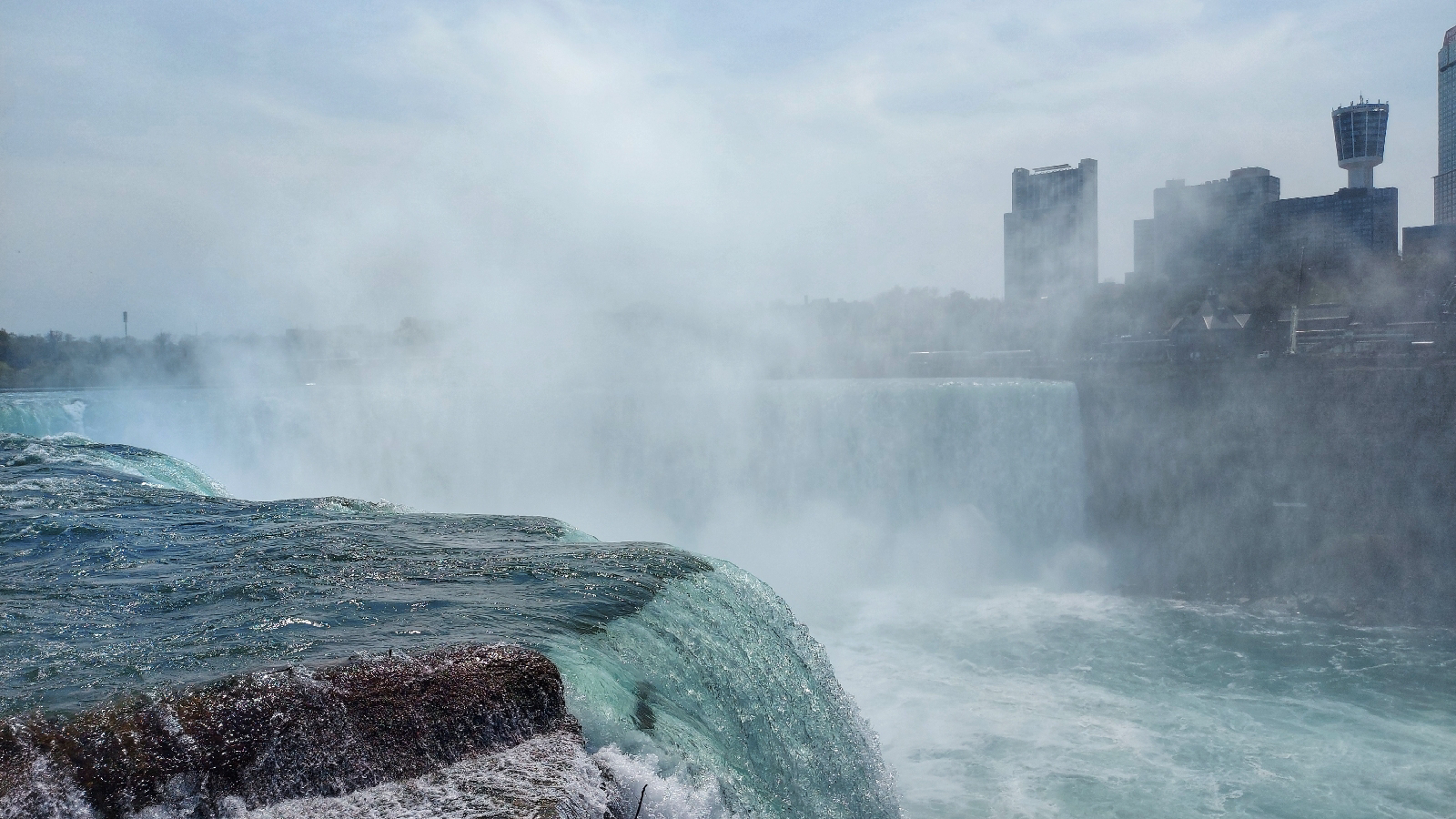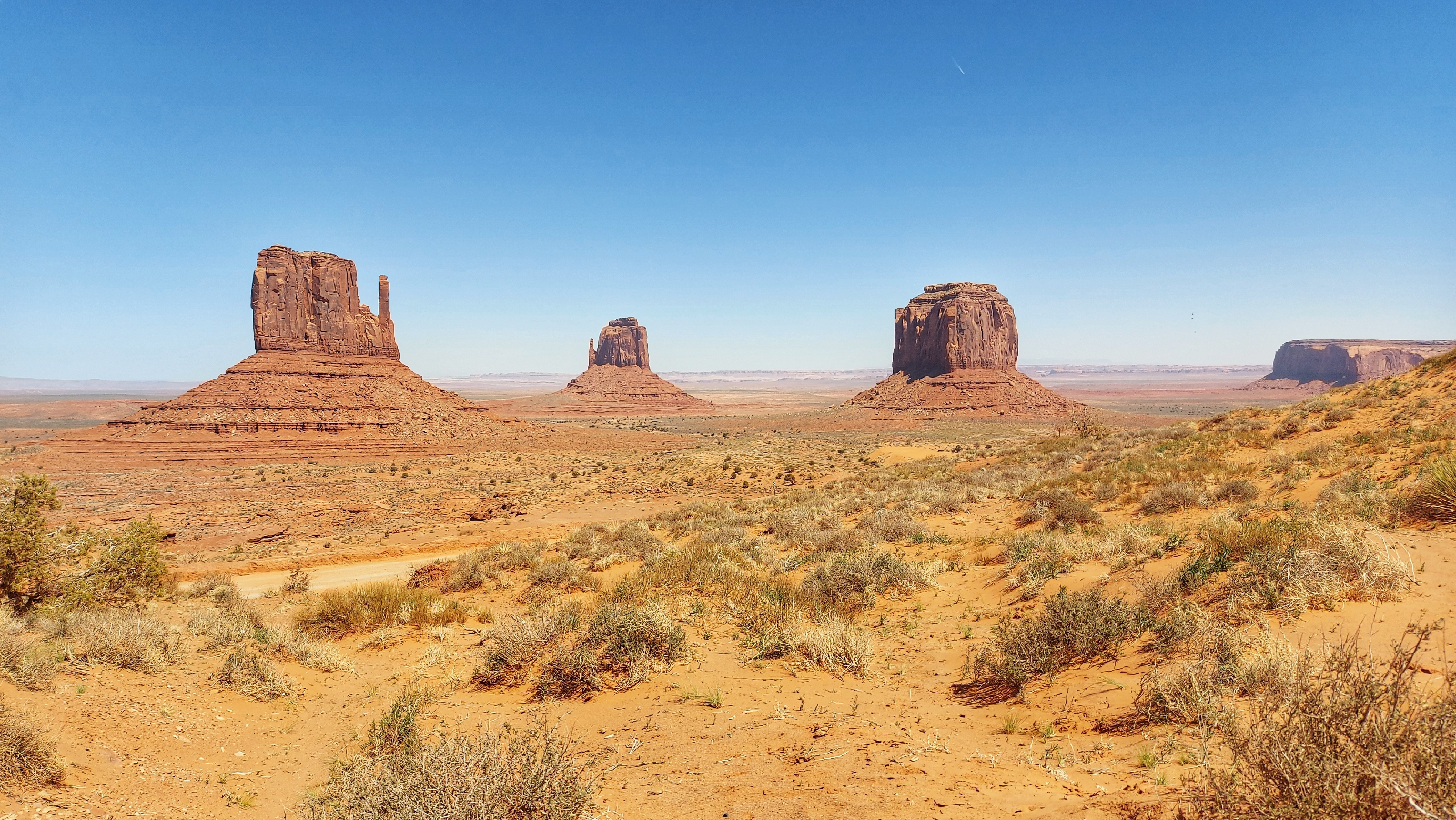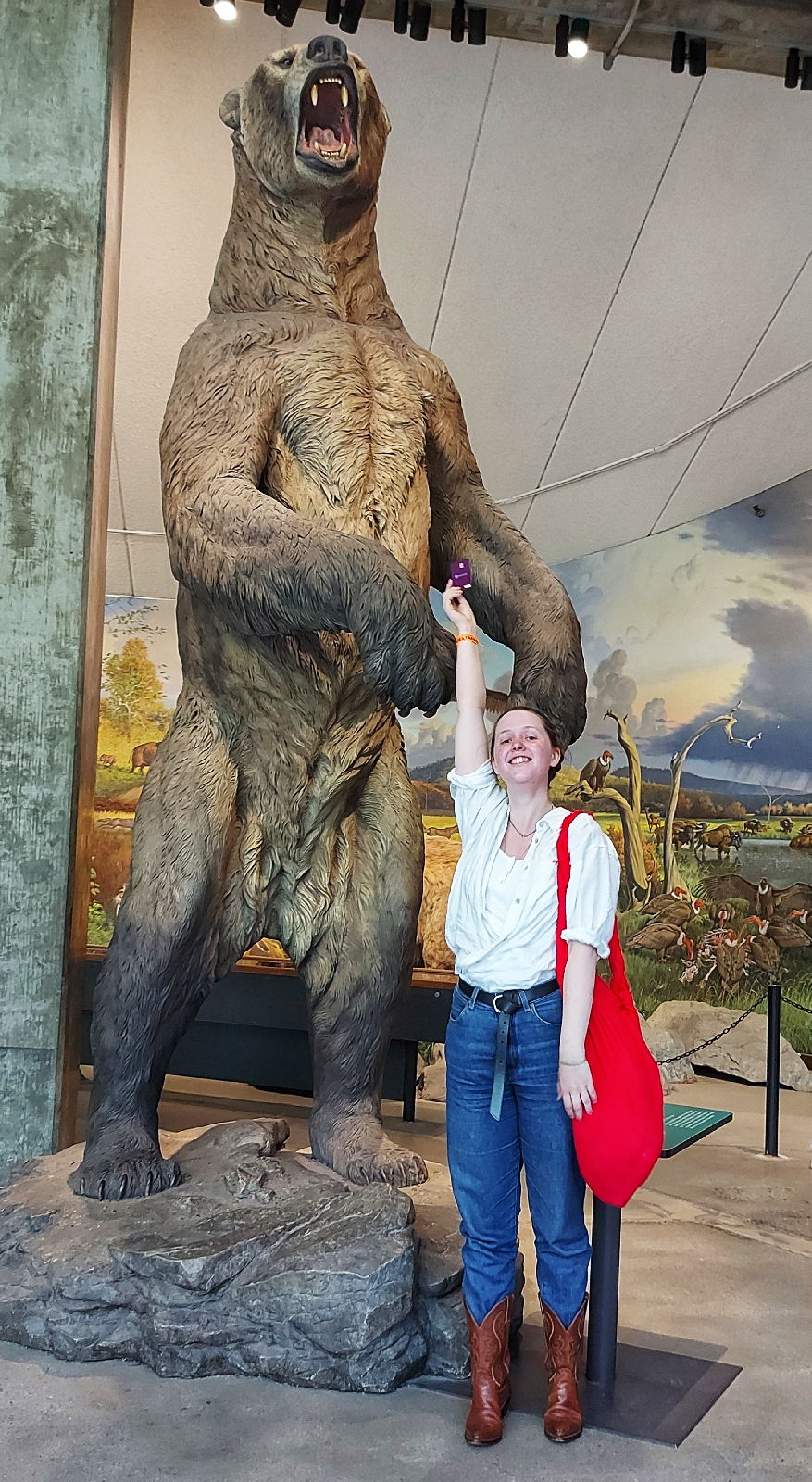Timshel
Recently I had a conversation with my mum about why my parents made me go to Chapel three times a week when I was at school. My parents aren't religious and I wasn't raised with faith. But until the age of 16 when I informed them I would no longer be attending whether they signed the permission slip or not I would not be attending Chapel on Wednesdays, Fridays, and Sundays.
My mother believes that this exposure to religion shaped my moral and ethical world view. I disagree.
Several years ago I developed the idea that there are people I call "openly religious". These are people who will usually say something like "I'm [Christian] therefore I believe that we should not help [the poor, the sick, refugees….] because they are unchristian and therefore undeserving".
My £30,000 per year school and the teachings I received in Chapel was full of openly religious people. And I hated the hypocrisy. Here I was being forced to sit in a freezing cold marble room (yes, not only did we have an actual on-site Chapel but it was made from marble) where the headmistress or chaplain would drone on for 30 minuets about St Francis or Assisi or how to survive in a nunnery. But they'd then turn around and inform us that they couldn't organise a charity club or food parcels because……I actually never got a good answer from them. Usually it was something about taking away from our studies, as if at 15 we must all be eternal workers striving for capitalist optimization.
This is not to say that there aren’t people with deeply held faith, I’m simply talking about the people who use faith as a justification for their uncharitable views. Instead my ethical framework for the world had much more influence from Ian Hislop on Have I Got News For You and his ability to criticise the government in power. Or Tumblr poking holes in the logical fallacies preached from bully pulpits. Or the Philosophy and Ethics A-level that I was terrible at. But showed me how ethical frameworks can be constructed in a multitude of ways. How you can understand a problem and come to vastly different conclusions depending on if you are a Virtue, Utilitarian, or Kantian ethicist.
Or even just growing up under the 90s and 00s purity culture. Where so called people of faith stood up and, seemingly without a hint of irony advocated that society should only help the "deserving" and those who were "underserving" should be condemned. I remember growing up thinking how stupid the phrase (oft proudly repeated by Republican politicians) "pull yourself up by your bootstraps". It conjured images of people hunched over like turtles trying to gain lift by tugging on their ankles. As I got older I learned that while the origin of the phrase is mostly lost to the mists of time its largely thought to have been a sarcastic or satirical because how do you gain flight by tugging at your ankles?
Nonetheless I heard politicians, on both sides of the Atlantic, claiming that they would help people pull themselves up by their bootstraps because it was the Christian thing to do, but only if the people they were helping "were deserving and wanted to help themselves". All in the name of a faith that is founded on the idea that a divine being knowingly sent his son to die in the hopes that that sacrifice would redeem a world that had largely ignored its teachings.
For me the voice that questioned this tended to sound a lot like Ian Hislop, tumblr posts, or my dad; it didn't sound like the school chaplain. And the sermons he gave did not shape my worldview because I don't remember him preaching about having compassion for those different from you or recognizing the humanity in a desperate choice because sometimes there might not be a good option.
And I think that conversation with my mum about going to Chapel at school is a good primer on why I feel the way I do about my trip to America.
I will admit that I have long put the USA on somewhat of a pedestal. It is oh, so flawed but I've often felt that many non-Americans view the USA unfairly. This isn't helped by how very insular many Americans are. I had so many Americans explain to me what Congress is that I just stopped interrupting then to let them know I already knew and let them feel like they were educating me. They assume that if they didn’t know anything about British politics I must not know the intricacies of the American system, depending on how much I liked them or not was the deciding factor in how brutal I was at disabusing them of that belief. Those who were interested in talking to me about the UK were usually more interested in the 2014 Scottish Independence referendum or 2016 Brexit votes and were seemingly unaware that the UK had had three Prime Ministers last year.
America is a big country with diverse political and ethical views but I found a lot of people were very "openly religious". I've mentioned to a few people that I often found it quite jarring because people would often hear that I had something of an accent, and then begin telling me about all their travels, their mission work, which Old Country their ancestors came from and on and on. All of which I was supposed to nod politely to and coo appropriately, but woe betide me if I began to talk knowledgeable about current events of those places.
I quickly discovered that telling the Irish Catholic man in Buffalo, New York that he had no right to criticise the repeal of the 8th Amendment in Ireland because despite being third generation and a devout Catholic it wasn’t his place to criticise a democratic vote of a country he had never even been to. His faith had no bearing on the population of Ireland.
Or the couple on the boat home to the UK that I left my Government in part because I couldn't bear having to explain to people that I couldn't give them immigration advice and in part because I couldn't keep working for a government that was proposing deporting trafficked people without due process. To which they replied "but those people are criminals" and all I could think of was the Afghan woman who called me in tears one day begging for help getting her children out. I don’t know her visa status, I made a point of not asking, but I find it hard to believe most parents wouldn’t at least consider breaking a few trivial immigration laws if it meant getting their children to safety.
Or even the people I met in Las Vegas who viewed the covid mandates as authoritarian dictatorship. Who were unwilling to accept it when I told them that the UK did have a vaccine mandate, and people who refused to comply with it did lose their jobs. That I was a government worker and I know several of my colleagues were unvaccinated and remained employed. That Fox News had lied about mass removals of children from unvaccinated parents.
In the blog post about Philadelphia I wrote about positive and negative freedoms, where negative freedom is "if its not illegal you can do it", and positive freedom is "the community/nation will support you to be able to have the most choice". It's a weird academic argument that only really gets taught at university but I think it's one that should get taught more and has helped me explain my worldview since I first heard it.
Most people instinctively understand what a negative system of freedom is. When I was in Sixth-form my school introduced a rule that we had to wear collared shirts, so we all put away our blouses and wore Hawaiian shirts, which had collars. See, we were free to wear them because nowhere in the dress code were Hawaiian shirts banned, all it said was that it had to have a collar. Negative freedoms are easy to understand and can lead to some brilliant examples of malicious compliance (neon fish shirt included).
However I've always felt that positive freedoms, "what does an individual need from their society to have the most good choices available?" to be the better model. I was able to quit my job to go gallivanting for 10 weeks because I live in a system that grants me that freedom. I have access to (more-or-less) free healthcare. I can largely depend on having functional public transport and a road system that isn't actively trying to kill me whether I'm driving or walking. I have been able to access tertiary and postgraduate education opportunities. I can access reliable news and reporting without major political bias or having to get through a pay wall. As a woman I have rights over my own body, and if I ever needed it upto 30 hours childcare support so I could turn myself into a human pretzel pulling myself up by my bootstraps. These kinds of positive freedoms are part of the reason why the UK, and Europe in general, have much higher rates of social mobility than the USA does. Through taxation and social policy my community has chosen to support me, and I it. This support increase the number of choices I have open to me. I can always make a bad choice, the negative freedoms don’t go away. But by deliberate policy choices I have the support and positive freedoms that I begin to add more good choices to the pool of options. It's not a question about whether a person is deserving of help or not. It's about if they are helped how will their choices change. And those are the bootstraps we should be pulling on.
And, as meandering as this post has been, I think my views on the trip are that I was shocked by the level of hypocrisy displayed, typically by people with more conservative views. I'm glad I went. For a long time I've had a rose-tinted view of the USA. It's always been tinted by my parents, who lived on both the East and West Coast, and most of their friends who were also members of the coastal elite. I've always found it strange that many Brits seem to view the USA as essentially the same as the UK, but with different accents. Even as a child I found that weird. It's a lot more comparable to the EU, both in size and the diversity of political views. It's difficult for many Europeans to fully conceptualise just how big the US is. While I was driving there were several days when I would drive for 6-8 hours and I would still be in the same state I started in that morning, in the UK it takes about that long to drive from the South Coast to the Scottish Borders. The idea that people in Hasting and Hull are in total agreement on everything is absurd. Yet there is the assumption that there's that kind of consistency in the US.
I mentioned in my first post that I wanted to go to the central states and actually talk to people from those states. And I did. Like I said I was somewhat shocked by the cognitive dissonance many people seemed to hold. Before going I would listen to NPR and they'd play the 10 second soundbite. But in person I would hear the preceding 30 minute build up before you'd the the slightly deranged defence of President Trump or complaints about crime soundbite. I think by the second or third time it happened I began to recognise the signs, unfortunately I was generally too polite to excuse myself from those conversations. Even so those conversations were….enlightening.
I've travelled solo a lot before so I didn't have any particular personal revelations….sorry to disappoint. Apart from the discovery that I am a much stronger believer in pacifism and socialism than previously thought I didn't really learn anything about myself. And that I'm never traveling with two bags again!
Many people have been very complimentary about my choice to drive Route 66. Even now I don't find it all that impressive, I spent a lot of time on freeways and I've been driving since I was 14. I can operate a car. I do now have extremely strong opinions about road design and the competency of the average American driver. I would strongly recommend Not Just Bikes on Youtube for a deep dive if you’re interested.
If you want to travel the US I really recommend the Amtrak pass and travelling by train. It's such a chill way to travel and you can actually admire the scenery and not need to fear for any psychotic drivers on the interstate.
Many parts of North America are beautiful, and much of it is a concrete hellscape paved and turned into a mall. Most people are exceedingly kind, and in some cases exceedingly hypocritical.
There's often an assumption that when you travel it will bring this life altering moment of epiphany. Who you are at your core doesn't change when you get on a plane. When you travel you can tick the destination off and take a selfie to show you were there. But after a while you'll begin to realise that it's just a place, just a view. As cliche as it seems the story worth telling is about the people you met, or how your experiences changed the way you think. I've spent much of this post talking about philosophy or about people because that's what makes talking about a trip interesting.














Lovely thoughtful post. Your observation on positive freedoms is spot on.
ReplyDeleteThanks Tim 😊
Delete